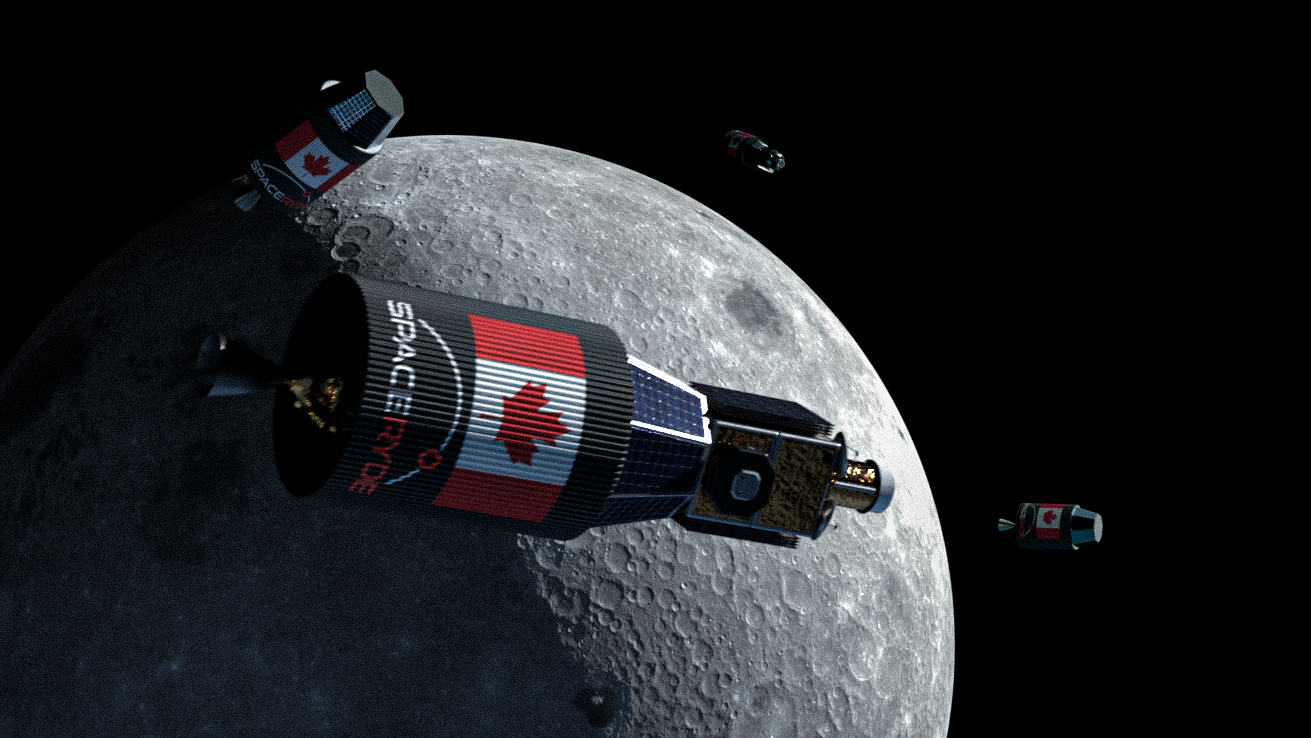LOGAN, Utah — Canadian launch startup SpaceRyde said Aug. 8 it has added a second member to its advisory board with the appointment of Mina Mitry, the CEO of small satellite operator Kepler Communications.
Mitry joins Jeff Thornburg, SpaceRyde’s inaugural advisory board member and a former vice president of propulsion engineering at SpaceX.
Kepler, also based in Canada, operates 19 cubesats that provide low-data-rate connectivity to devices out of range of terrestrial networks. The operator also plans a data-relay constellation of larger satellites that it expects to start deploying in 2023.
SpaceRyde said Mitry’s expertise will help the startup scale up operations as it plans to perform its first commercial mission in 2024.
Founded in 2018, SpaceRyde is developing a small, three-stage rocket that would fire engines after a balloon takes it above most of the Earth’s atmosphere.
SpaceRyde CEO Sohrab Haghighat said it plans to launch test payloads to sub-orbit and low Earth orbit (LEO) next year ahead of its first commercial mission, which is for an undisclosed biotechnology customer.
“The customer requires ultimate flexibility in planning the mission and can only deliver the payload to be integrated into the rocket few hours before the launch,” Haghighat said on the sidelines of the Small Satellite Conference in Logan, Utah.
“As you can imagine, they cannot use rideshare missions and need a private rocket.”
SpaceRyde ultimately plans to develop 20-meter-tall rockets that, after launching a customer payload, would leave its third stage in orbit for future missions.
Called Black Bay, this third stage would use a liquid-fuelled engine for applications including in-orbit servicing and missions to the moon.
Haghighat said SpaceRyde plans to send two rockets to LEO in the fourth quarter of 2024. One of them would refuel the other, which would then fly on a demonstration mission around the moon and back.
“This mission is an important milestone not just for SpaceRyde, but for the industry as it will show the first ever multi-purpose rocket,” he said.
SpaceRyde has secured $10 million to date, he added, and is planning to raise another funding round early next year to finance its plans.
